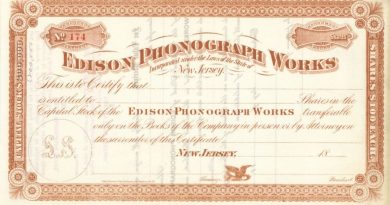Value Date What It Means in Banking and Trading

A value date is a future date used to determine the present value of a product or security that fluctuates in price. It is the date when funds, assets, or money’s value becomes effective. Value dates are commonly used in financial product payments and accounts that may have discrepancies due to timing differences in valuations. These products can include forward currency contracts, option contracts, and the interest payable or receivable on personal accounts.
In forex markets, the value date may be referred to as the "valuta," and is used to describe the value of one currency expressed in terms of its exchange rate with another.
-A value date refers to a future point when the value of an account, transaction, or asset becomes effective.
-In banking, the value date is when funds are posted and available for immediate use.
-In trading, the value date is when a transaction is fully cleared and settled.
When a payee presents a check to the bank, the bank credits the payee’s account. However, if the payee and payor have accounts with different financial institutions, it could take days for the bank to receive the funds from the payor’s bank. To avoid negative cash flows, the bank will estimate the day it will receive the money from the paying institution and hold the funds in the payee’s account until that day. The bank will then post the deposit amount for a couple of days before the payee can use the funds. This release date is known as the value date.
Similarly, in a wire transfer from one bank to another, the value date is when the incoming wire becomes available to the receiving bank and its customer.
The value date is used when there may be discrepancies due to timing differences in asset valuations. In Forex trading, it is the delivery date when counterparties settle their obligations by making payments and transferring ownership. Due to time zone differences and bank processing delays, the value date for spot trades is usually set two days after the transaction is agreed upon. The value date is the day the currencies are traded, not the date on which the traders agree to the exchange rate.
The value date is also used in the bond market to calculate accrued interest. It considers the trade date, settlement date, and value date. The trade date is when a transaction is executed, while the settlement date is when it is completed. The value date is usually the settlement date, but not always. It can fall on any day, as seen in accrued interest calculations that account for every day of the month.
The value date is also used for evaluating coupon bonds that make semi-annual interest payments. For example, with savings bonds, the interest is compounded semi-annually, so the value date occurs every six months. This certainty ensures investors’ interest payment calculations match those of the government.



